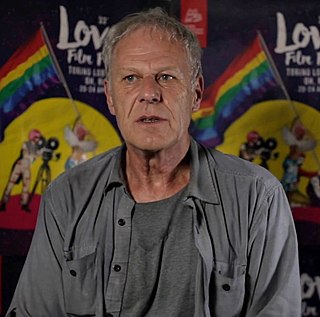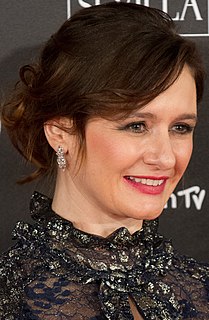A Quote by Chang-Rae Lee
I don't think that stuff is gone - I just don't want to dwell on it. There's a difference. As I said, I think we all have tendencies as writers, and I think we all have experience that we bring as readers to each project.
Quote Topics
Related Quotes
I think smart aggregation is a service to readers. And we do it, too ... . Whether it's a politics page and you want Dan Balz to tell you what is he reading, what does he think are the smartest articles today on the elections or the primaries. So, I think aggregation is great ... . So I'm all for aggregation. And the more eyeballs we can get to our content, the better. We do want readers to be educated and to understand the difference between, what is a source that you can trust as opposed to just rumors out there. And the difference between just repurposing content and not crediting it.
I think our literary tradition has to evolve, has to explore its form and its spirit through writers and thinkers, rather than let the lazy, easy traditional narrative - which is controlled by the publishing industry - roll all over the readers and dominate the market. I think our readers and cinemagoers have been trained to read and watch very mainstream stuff. It's like being given sleeping pills. It sends people to a non-reflective sleep state.
I like to mix it up, yeah. I don't sort of think, 'Oh, I need to do a comedy, I've done three dramas this year.' I don't think of it like that, but I definitely from project to project I feel like I want to just do something different all of the time and stop, I don't want to bore myself or anyone else.
For two minutes a day, think of one positive experience that's occurred during the past 24 hours. Bullet point each detail you can remember. It works, because the brain can't tell the difference between visualization and actual experience. So you've just doubled the most meaningful experience in your brain.
Some readers sort of suspect that you have another book that you didn't publish that has even more information in it. I think that readers sort of want to be taught something. They have this idea that there's a takeaway from a novel rather than just the being there, which I think is the great, great pleasure of reading.
People are going to bash you. You get rejected. It's hard. I don't really feel like that's my place as the teacher. I think the most important thing is to figure out what they're trying to do and turn them onto writers who are doing similar stuff. I think that's something I can do more than anything else: get them to be big readers.







































